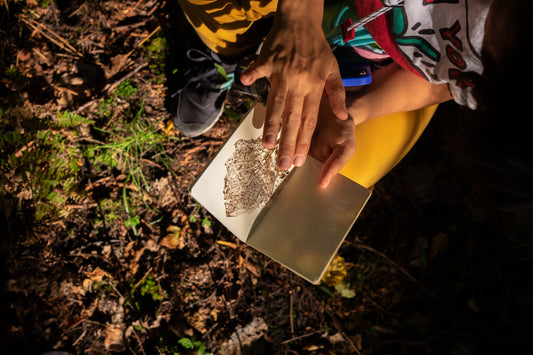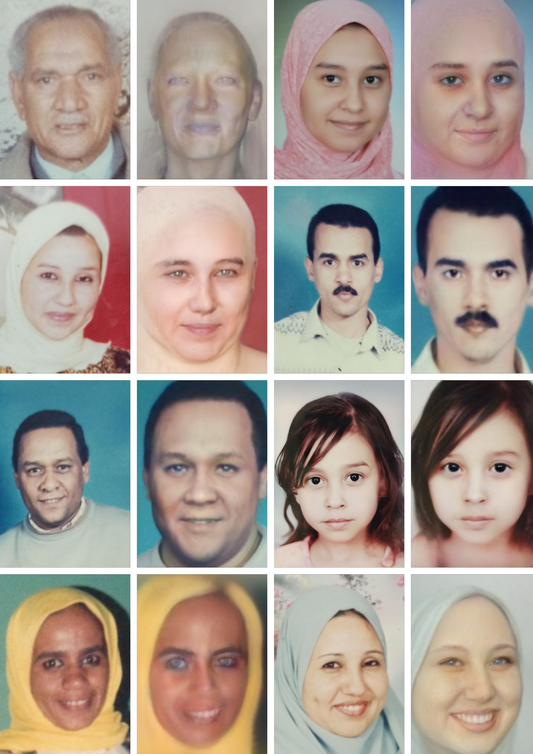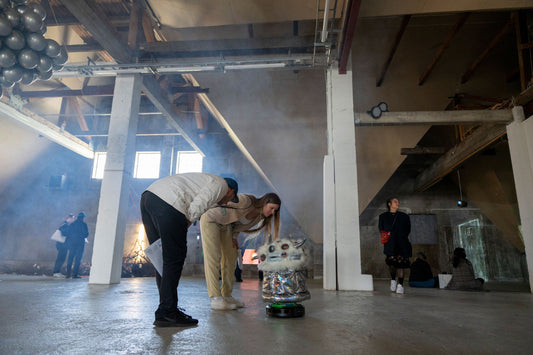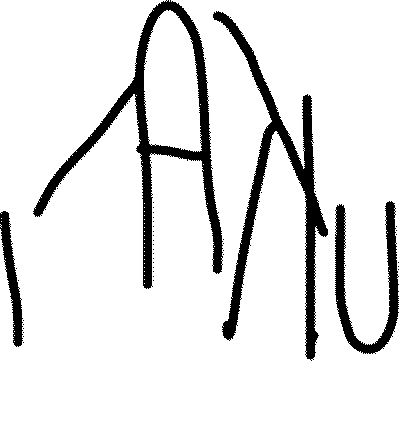Maintaining your work is an enduring problem in interactive new media art. In this workshop, we’ll solve this problem with recycled desktops and SBCs (Single Board Computers, for example the Raspberry Pi or Nvidia Jetson). We’ll install Linux on them and turn them into permanent art objects that run a single app when booted, and never require updates or routine maintenance. We’ll look at a variety of options for creating these standalone apps, focusing on the openFrameworks C++ toolkit—a mainstay of interactive art for almost two decades, capable of performing very well even on old or low-power hardware. We’ll also look at browser art using WebGL, and running older Windows and Mac apps in virtual machines. This introductory-level workshop is ideal for people interested in building interactive installations, running small local ML models, restoring archival interactive work, or just learning more about openFrameworks in general.
Nick Fox-Gieg | Workshop | Generative Art Objects that Last
Maintaining your work is an enduring problem in interactive new media art. In this workshop, we’ll solve this problem with recycled desktops and SBCs (Single Board Computers, for example the Raspberry Pi or Nvidia Jetson). We’ll install Linux on them and turn them into permanent art objects that run a single app when booted, and never require updates or routine maintenance. We’ll look at a variety of options for creating these standalone apps, focusing on the openFrameworks C++ toolkit—a mainstay of interactive art for almost two decades, capable of performing very well even on old or low-power hardware. We’ll also look at browser art using WebGL, and running older Windows and Mac apps in virtual machines. This introductory-level workshop is ideal for people interested in building interactive installations, running small local ML models, restoring archival interactive work, or just learning more about openFrameworks in general.
Case Studies
-

Intelligent Terrain
Independent artistic research program focused on ecology and AI, exploring algorithmic and land-based technologies
Intelligent Terrain
Independent artistic research program focused on ecology and AI, exploring algorithmic and land-based technologies
-

Cultural Research: Please Don't Understand This
Cultural research can complement and enhance traditional research when dealing with complex and multifaceted issues such as climate change, technological volatility, and rising authoritarianism.
Cultural Research: Please Don't Understand This
Cultural research can complement and enhance traditional research when dealing with complex and multifaceted issues such as climate change, technological volatility, and rising authoritarianism.
-

Site Activation: Shipwreck
Transform your site into an immersive and interactive landscape where audiences can confront and make sense of the massive changes we are undergoing. Visitors are invited to inhabit ecological and...
Site Activation: Shipwreck
Transform your site into an immersive and interactive landscape where audiences can confront and make sense of the massive changes we are undergoing. Visitors are invited to inhabit ecological and...
1
/
of
3



